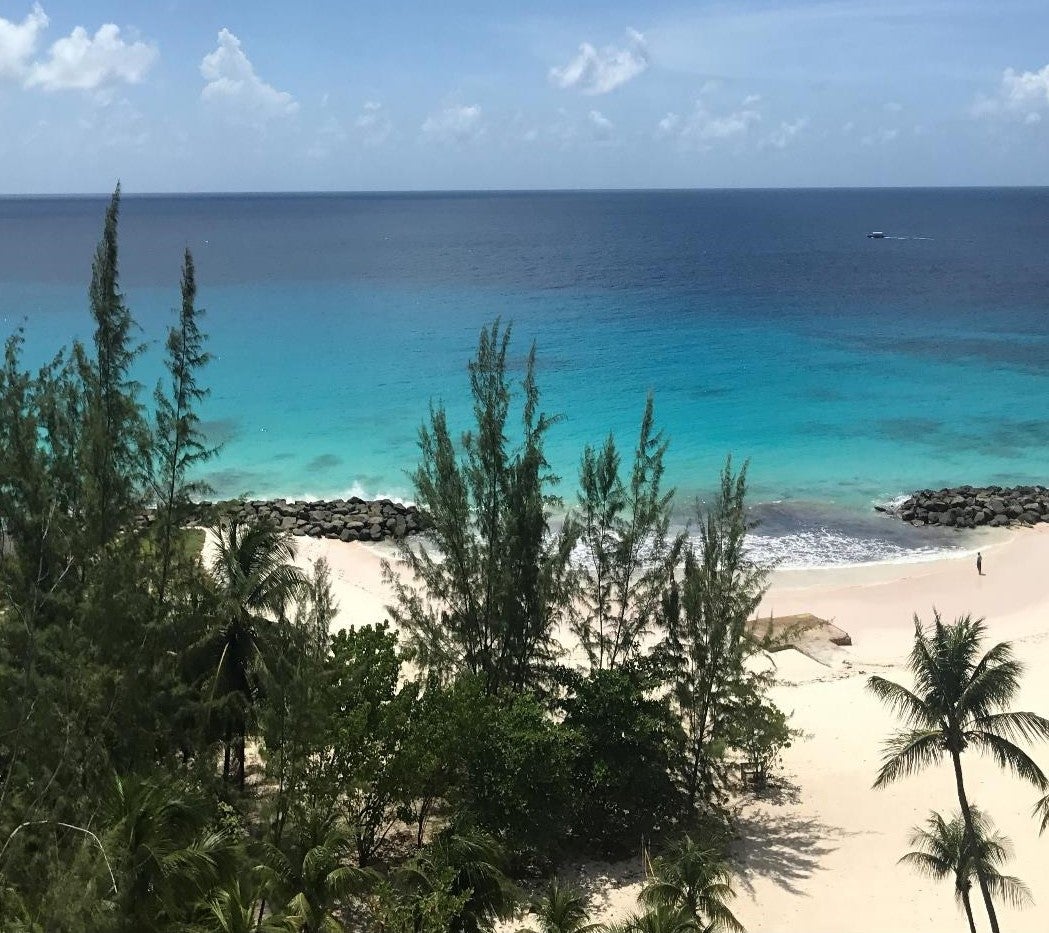The “debt and death” ailment is well-known to vulnerable Caribbean island states. Intensifying cycles of acute damage and loss from recurrent climate disaster-driven events are increasingly observed. This scenario is often accompanied by a net cumulative increase in sovereign debt, in part to finance resilient recovery and reconstruction, periodically punctuated by intermittent reconstruction-driven growth. When debt to GDP ratios escalate, credit ratings drop, and cost of borrowing increases. As a result, investments decrease, human resources and services become un-competitive in the long run, and a downward spiral will occur.
Typically, resilient recovery limps along until the next big potential impact takes place elsewhere in the country. Additionally, leaders face the concurrent challenge of declining revenues and the simultaneous pressure to reform productive sectors to be more competitive and efficiently meet the demand for social services, while also reducing burgeoning debt to GDP ratios.
This pressure is also compounded by the need to demonstrate tangible results within the confines of an average election cycle, and consequently political pressure to pick “investment winners” within development lending frameworks whose conditionalities already challenge thinly stretched, country capacities.
Arguably, with Caribbean tourism and travel taking a “punch to the gut”, this pressure has been further amplified during the COVID-19 global pandemic. While a significant tourism downturn has been seen globally, the impact is even more severe within Caribbean small island states (SIDS), which have highly tourism dependent economies.

Under such a scenario, a behavioral default to retreating from or de-listing expenditure on climate-resilient public investments may be prevalent. While triaging public expenditure during a pandemic is expected, and some re-prioritization will certainly be necessary, a key question to be answered is whether ceasing such investments entirely for the foreseeable future is an optimal or efficient choice for sustainable GDP growth, given that the pandemic is likely to be with us for an extended period.
Notably, significant progress has indeed been made across the insular Caribbean in developing and accessing ex-ante disaster risk financial protection and risk transfer instruments post the catalytic experience of Hurricane Ivan back in 2004. Of the Inter-American Development Bank’s (IADB) Caribbean Country Group, Jamaica is on the verge of explicitly embedding a formal guiding national risk layering policy. Such a policy is tailored to the expected frequency of hazards and likely associated probable loss, with specific instruments being triggered based on likely event impacts to existing sector assets and affiliated economic services flows. It is anticipated that Jamaica will soon have access to approximately US$1 billion in financial instrument coverage, before the advent of a disaster, should the country need it.
While financial protection and risk transfer (financial instruments) remain important, it is equally critical that SIDS also continue to prioritize disaster mitigation and climate adaptation investments. Applying its Public Investment Profile in Disaster Risk Reduction (DRR) Modeling methodology (https://www.iadb.org/en/project/RG-T2434 and https://www.iadb.org/en/project/RG-T3339), the Inter-American Development Bank, in collaboration with the International Institute for Applied Systems Analysis (IIASA) is developing a comparative benefit/cost ratios model for alternative disaster risk reduction strategies that combine mitigation (of no, low, or high mitigation-efficiency levels) and financial instruments under varying budgetary constraint scenarios. This research has generally shown that the pursuit of financial instruments, in addition to public investment in high efficiency mitigation measures, can yield benefit/cost ratios ranging between 1.5 to 2.5 over short time horizons (or between 5 to 10 years).

Specifically, the research found that DRR/climate adaptation investments increase the shadow value of other productive investments. In other words, it shows that climate-resilient public investments contribute to long-term GDP growth, even if a disaster (fortunately) does not occur. In short, they offer financial benefits beyond just the mitigation of future damages.
These investments offer a Triple Benefit of:
- Reduction of disaster impact.
- Fostering economic growth opportunities e.g., through a safer environment for capital investments, increased fiscal stability, improved access to credit; and,
- Other environmental and social co-benefits.
Given this triple dividend, continued well-considered investment in both financial instruments and DRR/climate adaptation projects remains a prudent and smart development choice for the immediate and longer-term post pandemic future.
Do Caribbean SIDS really have room for absolute pause in their pursuit of such investments in their pandemic economic management? The Bank’s research continues to ask this question.


Leave a Reply